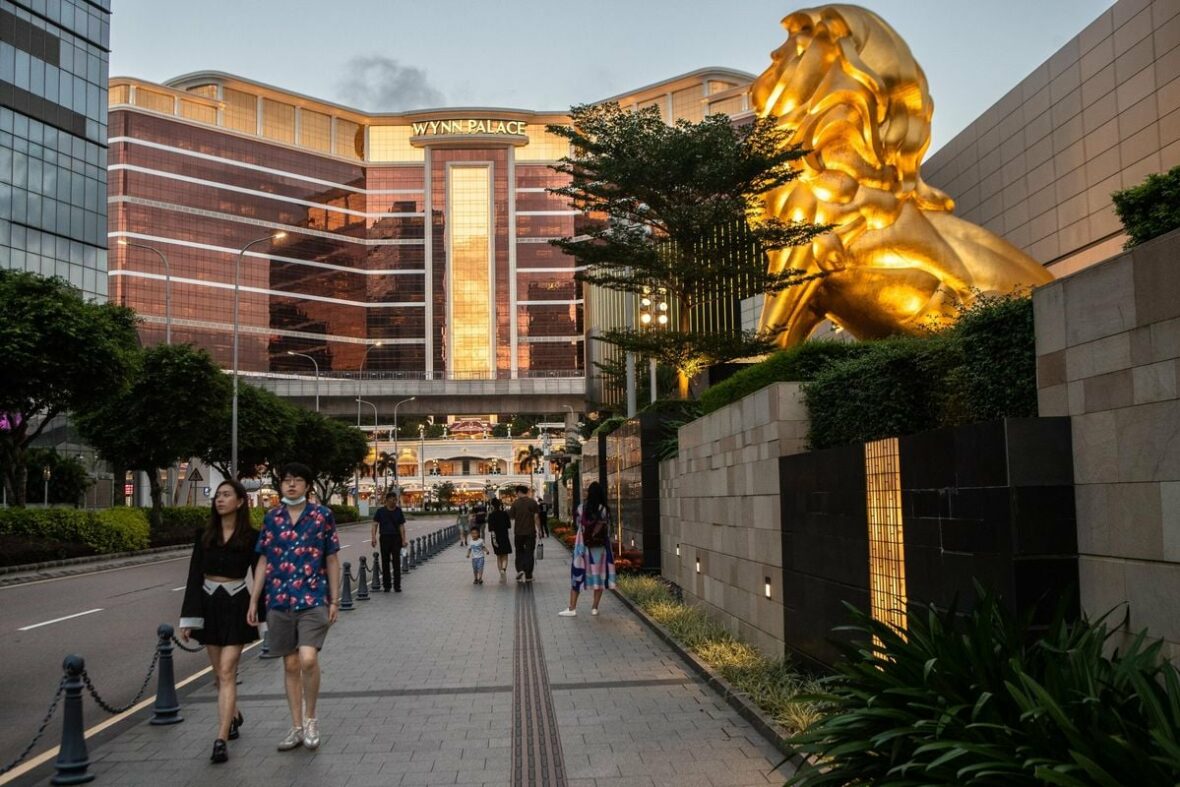Macau COVID-19 Mass Testing Round Produces No Additional Infections

Posted on: November 7, 2022, 10:31h.
Last updated on: November 7, 2022, 10:31h.
Macau has seemingly contained the enclave’s most recent outbreak of COVID-19 infections.

The Macau Special Administrative Region (SAR) government in late October ordered each of its approximately 700,000 residents to undergo daily COVID-19 rapid antigen tests. The mass testing blitz ran from Oct. 28 through Nov. 1. The order came after eight Macau residents contracted the virus in a cluster that first emerged on Oct. 26.
Macau says more than 660,000 residents adhered to the mandatory testing, and no new cases were reported through the region’s Health Code mobile application.
With the outbreak seemingly limited, Macau has eased its entry and exit procedures for people wishing to travel between the SAR and the neighboring city of Zhuhai. The Guangdong Province city is where many Macau casino workers live. The commute between the two cities typically takes less than 20 minutes.
Macau officials over the weekend announced that negative COVID-19 tests are again valid for up to 48 hours from the sample’s collection. Previously, tests were only valid for up to 24 hours from collection.
Mainlanders arriving at Macau’s border gates from anywhere else in China are allowed to present negative tests for samples collected within the previous seven days.
Border Restrictions Lifting
Macau’s casino industry, the world’s richest before the pandemic, continues to eagerly await a business rebound. While most of the world has returned to a new normal where life coincides with the coronavirus, China continues to limit daily life with its “zero-COVID” policy.
Shares of three of the four US-traded gaming firms licensed to run games of fortune in Macau continue to be greatly suppressed. Compared with February 2020, Las Vegas Sands shares are down 40%, Wynn Resorts is off 43%, and each Melco Resorts share is today worth 70% less.
MGM Resorts, which generates the bulk of its annual gaming revenue in Las Vegas, something the other three operators that are invested in China cannot say, is the exception. MGM shares are slightly up from early February 2020.
But there is reason for optimism for Sands, Wynn, and Melco investors.
China restored its electronic visa program effective Nov. 1. The online system allows mainlanders wishing to travel to Macau in a more expedited manner in obtaining an Individual Visa Scheme (IVS) permit. Prior to the pandemic, nearly one in two visitors to Macau ventured to the region with an IVS visa facilitated online.
Casino Rebound Key for Economy
Macau relies almost entirely on its casinos to keep the region afloat.
Casino taxes account for more than 80 cents of each tax dollar that funds the local government. The casinos are also the region’s largest employer. And with the sprawling integrated resorts remaining rather lifeless since early 2020, overall employment in the SAR has tumbled.
Prior to the pandemic, Macau had one of the lowest unemployment rates in the world at just 1.8%. But today, 5.5% of adults in Macau are without a job.
The future of Macau’s gaming industry remains unclear. While it’s expected that the current six operators — SJM Resorts and Galaxy Entertainment being the two other concessionaires — will receive fresh tenders when their licenses expire at the end of the year, the eradicating of VIP junket groups will likely prevent the casinos from winning anywhere near the record $45 billion that they won in 2013.
Related News Articles
Source: casino.org
